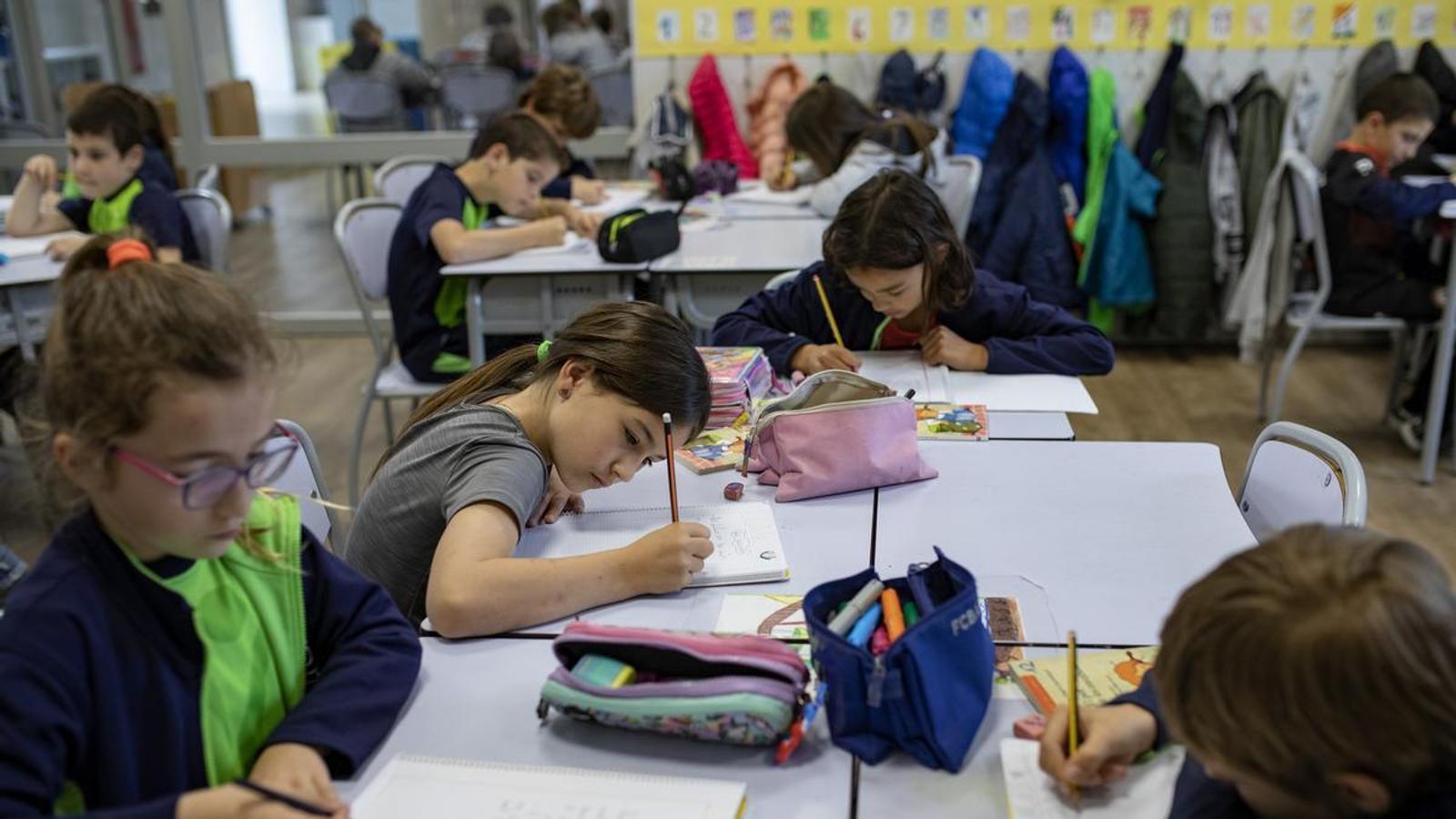Back to school, much more than just a restart
Several scientific investigations underline the role of school as an active and transformative environment for the brains of children and adolescents.


Every September, students of all ages, from pre-school through post-compulsory education, reconnect with classmates, routines, and books. It is a key moment for mental, emotional, and social development. Returning to school goes far beyond learning new concepts: it is a cognitive and emotional "reboot" that nourishes the brain and reinforces identity. Recent research, led by neuropsychologists Bruce McCandliss and Jason Yeatman of Stanford University (USA), and published in Developmental Cognitive Neuroscience, underlines this relevance from a neurophysiological perspective.
They have found that the learning incentives promoted by schools have a direct effect on the development of the brain's white matter, regardless of the students' sociocultural background. White matter is composed primarily of neuronal axons covered by myelin, a white, fatty substance that accelerates the transmission of electrical signals and improves communication between brain areas.
To reach this conclusion, they combined data from the ABCD (Adolescent Brain Cognitive Development) study with the Stanford Education Data Archive, which measures school quality. The ABCD study, launched in 2015, followed 11,000 children for 10 years to understand how the brain develops during adolescence and how this process relates to behavior, mental health, addictions, and academic performance. MRIs, cognitive tests, and environmental and health data were monitored.
By comparing the two studies, the researchers observed that students from schools that most encourage learning and motivation exhibit faster development of neural connections, especially in areas related to reading. In other words, two children from similar sociocultural and economic backgrounds, but enrolled in different schools, can develop brain networks with very different levels of maturity. The quality of learning that each school promotes through encouragement and motivation is a powerful source of cognitive stimulation, which is further enhanced by the family and community environment.
Resting improves cognitive performance
How does this fit with the return from vacation? Vacation is important for the brain because it allows us to disconnect from daily stress, promoting emotional well-being. It's also a time to experience other life and social-emotional experiences. It's often a period of freedom, without rigid schedules, during which children and adolescents can engage in new activities and make new friends: summer camps, sports, games... All of this contributes to the construction of identity. Furthermore, rest improves concentration, creativity, and memory, which promotes healthier and more sustainable cognitive performance.
September, with the return to school, is an important transition. The first day of school, with new routines, challenges, friendships, and responsibilities, the brain receives a burst of enriching stimuli that reactivates white matter remodeling. This reorganization promotes not only academic learning but also attention, working memory, and cognitive flexibility, which are essential tools for both studying and personal growth.
Returning to school after the summer means reconnecting with the group and established relationships. The school community must foster a sense of belonging that consolidates a collective and personal identity. Sharing stories, reconnecting with classmates, and facing new teachers and challenges mobilizes emotions and relationships that build the personal and social self. Feeling valued by peers and teachers activates reward circuits in the brain and releases dopamine, a neurotransmitter linked to motivation, well-being, and optimism. This reinforces self-competence and a sense of belonging, which are key aspects of emotional well-being inside and outside the classroom.
Returning to school integrates vacation experiences into the structured framework of learning, establishing a dialogue between autonomy and structure that builds a more flexible and resilient self. Students learn to freely incorporate what they discover into collective rhythms, which helps consolidate social skills such as managing frustration, negotiating rules, and sharing reflections.
Taken together, this research invites us to view school as an active and transformative environment for the brain. Returning after the summer shouldn't just mean resuming classes, but rather reactivating a stage of cognitive, emotional, and social growth. It's not, therefore, a simple restart: it's a qualitative leap in their comprehensive development.
